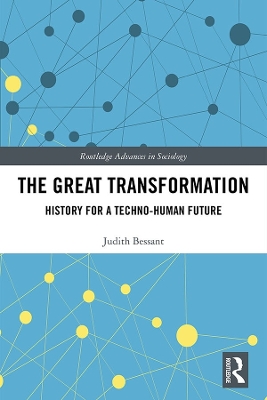Routledge Advances in Sociology
2 total works
This book draws on a wealth of evidence including young people’s own stories, to document how they are now faring in increasingly unequal societies like America, Britain, Australia, France and Spain. It points to systematic generational inequality as those born since 1980 become the first generation to have a lower standard of living than previous generations. While governments and experts typically explain this by referring to globalization, new technologies, or young people’s deficits, the authors of this book offer a new political economy of generations, which identifies the central role played by governments promoting neoliberal policies that exacerbate existing social inequalities based on age, ethnicity, gender and class. The book is a must read for social science students, human service workers and policy-makers and indeed for anyone interested in understanding the impact of government policy over the last 40 years on young people.
While artificial intelligence (AI), robots, bio-technologies and digital media are transforming work, culture, and social life, there is little understanding of or agreement about the scope and significance of this change. This new interpretation of the ‘great transformation’ uses history and evolutionary theory to highlight the momentous shift in human consciousness taking place. Only by learning from recent crises and rejecting technological determinism will governments and communities redesign social arrangements that ensure we all benefit from the new and emerging technologies.
The book documents the transformations under way in financial markets, entertainment, and medicine, affecting all aspects of work and social life. It draws on historical sociology and co-evolutionary theory arguing that the radical evolution of human consciousness and social life now under way is comparable with, if not greater than, the agrarian revolution (10000 BCE), the explosion of science, philosophy, and religion in the Axial Age (600 BCE), and the recent Industrial Revolution. Turning to recent major socio-economic crisis, and asking what can be learnt from them, the answer is we cannot afford this time around to repeat the failures of elites and theoretical systems such as economics to attend appropriately to radical change. We need to think beyond the constraints of determinist and reductionist explanations and embrace the idea of deep freedom.
This book will appeal to educators, social scientists, policy-makers, business leaders, and students. It concludes with social design principles that can inform deliberative processes and new social arrangements that ensure everyone benefits from the affordances of the new and emerging technologies.

